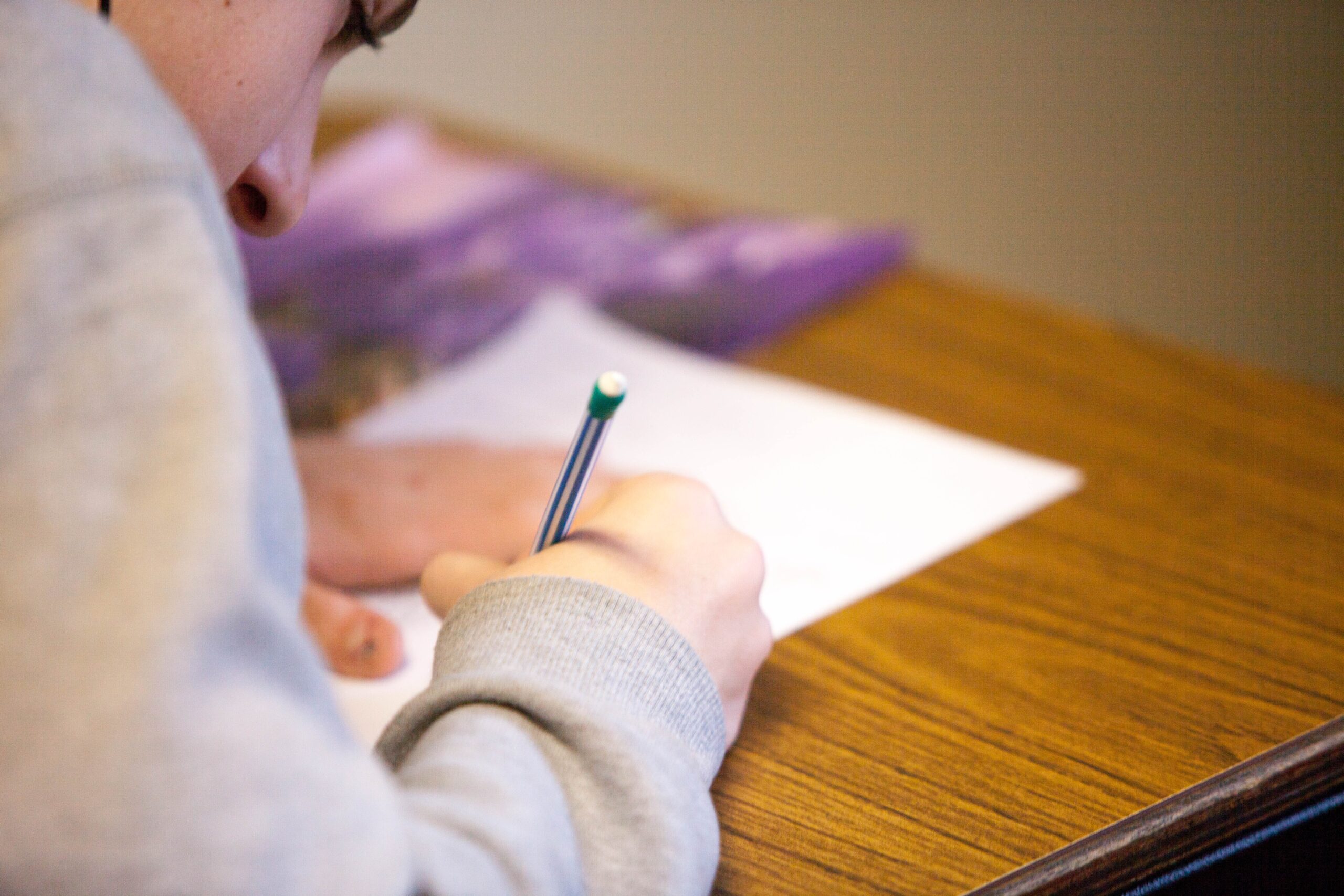Using HSC English past papers is an excellent way to prepare for your exam. Reviewing previous exams can help identify areas you need to improve on and give you an…

Creative writing also often called imaginative writing is a key component of the English syllabus throughout primary school and high school. Students are expected to write creatively and use their imaginations to construct a narrative. The expectations surrounding creative writing change significantly when students enter high school.
From Year 7 all the way through to Year 12 students are required to write imaginative pieces that are not only engaging but also flow well. Creative writing is one of the most common areas that students struggle with.
Here at Master Coaching, we help students both in junior high school from 7-10 and senior levels from 11-12 to think outside of the box.
Why is creative writing so important and how can students write imaginatively?
Creative writing often appears to be a daunting task for many students. Many students do not feel confident when writing imaginatively and others have unique ideas however struggle with structuring their response and making their story manageable. Creative writing seeks to tap into each student’s imagination and originality rather than assess them on analysis as most essay structured tasks often do.
The key to creative writing is “showing not telling”. In essence this means that students are encouraged not to tell the reader/marker what something looks like but rather show them through descriptive language and imagery.
Example 1: Sally looked at herself in the mirror and saw her young face staring back, she was about to turn 6.
Example 2: Sally looked at herself in the mirror and saw her rosy cheeks and wide smile staring back at her. Her hair was tied back into two pigtails secured tightly with white ribbon. She wobbled her loose tooth, she had lost her front tooth only a week ago.
These two examples illustrate the difference between “showing” and “telling”. Example 1 tells the reader that Sally is a young character, whereas example 2 never tells the reader how old Sally is but by describing her features implies that she is fairly young. These skills are imperative for students to master. Here at Master Coaching we guide students through this process. Students often know what they want to say in their story and how they want their characters to be perceived but need assistance expressing these ideas descriptively and imaginatively.
How can students best prepare for creative writing?
Practice is key when it comes to creative writing. Here at Master Coaching students are provided with stimuli to inspire their imaginative writing. This structure resembles most assessment tasks and HSC exams where students are provided with stimuli and are required to base or incorporate the stimulus into their story. At Master Coaching students are able to think imaginatively and are encouraged to express their ideas. Preparing for creative writing requires particular focus on structure and ensuring that students maintain a flow, a beginning, climax, resolution and ending within their narrative. It is also crucial that students write eloquently and demonstrate a sense craftsmanship within their imaginative writing. Students thrive on guidance and support and here at Master Coaching can journey along the pathway to confident and eloquent writing.

Year 7-10 English Tutoring
Master Coaching offers small group and one on one tutoring for students in years 7-10. Find out more about our year 7-10 English tutoring here.

HSC English Tutors
Master Coaching offers one on one tutoring for HSC English. We are located in Hurstville, Sydney, and also offer online tutoring for students across NSW.

